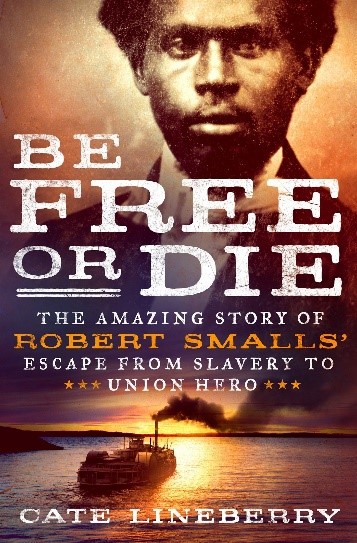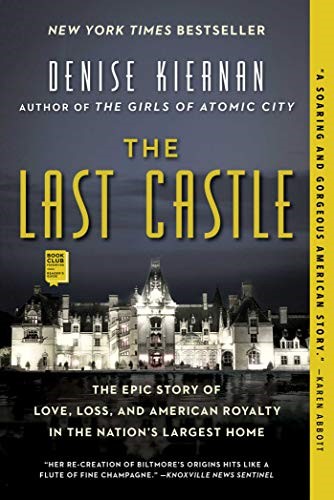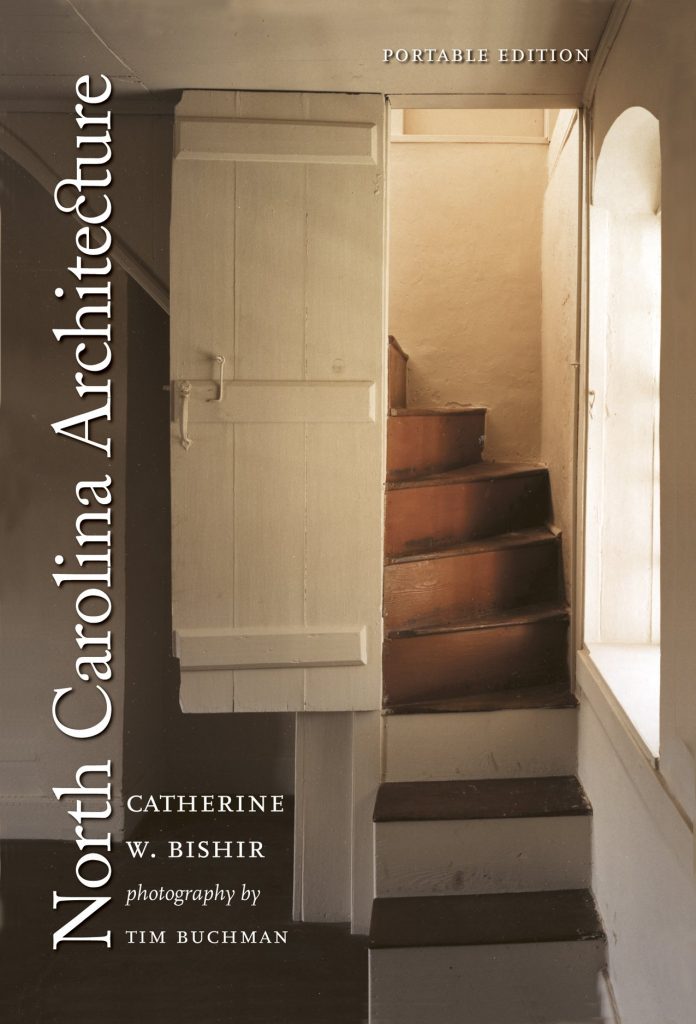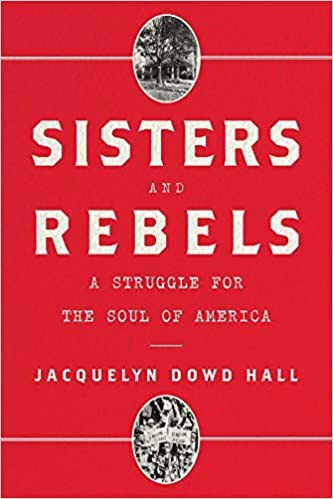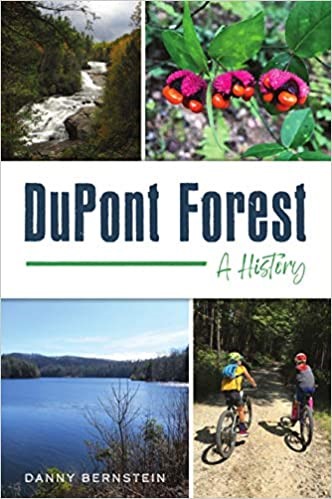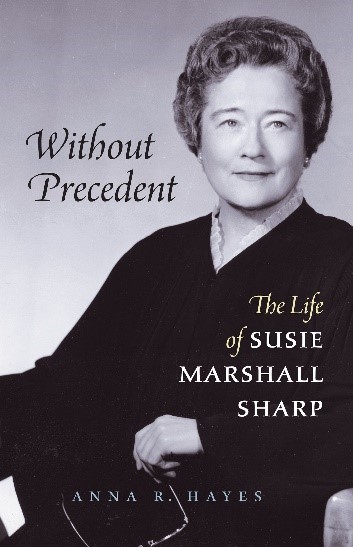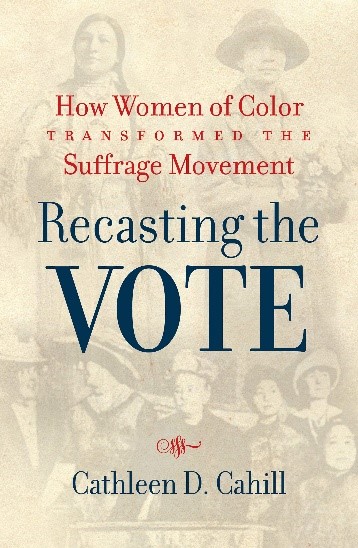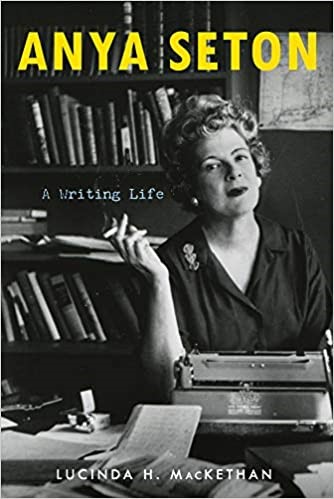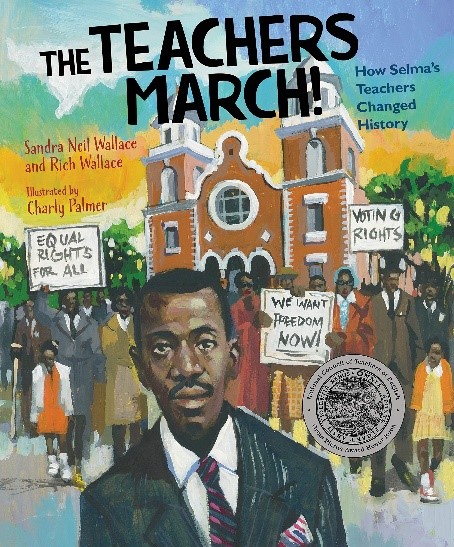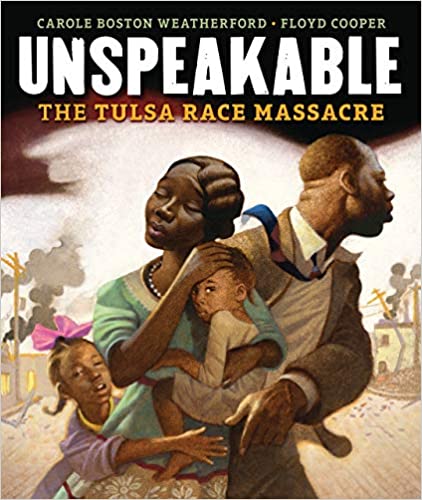In honor of Women’s History Month, staffers from Quail Ridge Books bring you a reading list of books by female historians.
by Amber Brown, Sarah Goddin, and Mamie Potter
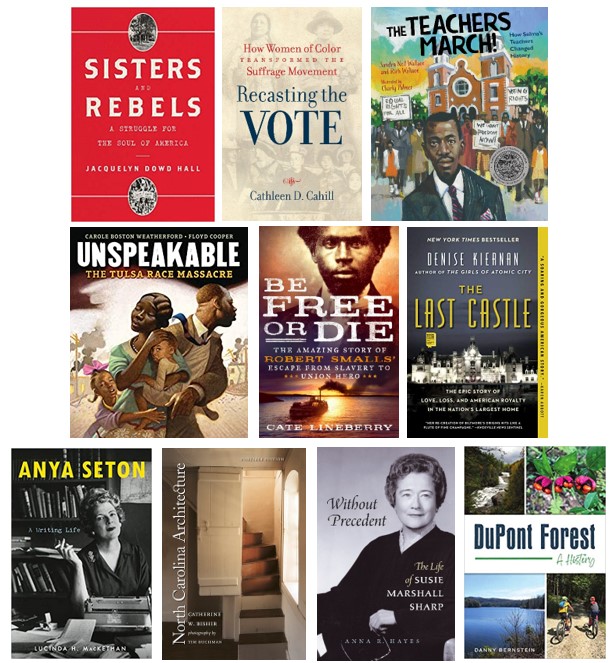
Enrich your March reads with this roundup of nonfiction written by female historians. From the role of women of color in the Suffrage Movement to NC architecture to the natural history of one of our states most beautiful forests, these books engage readers in the past and the world around us and provide an opportunity to support women in the history field.
Be Free or Die: The Amazing Story of Robert Smalls’ Escape from Slave to Union Hero by Cate Lineberry
Journalist Cate Lineberry tells the dramatic and little-known Civil War story of slave Robert Smalls. Smalls hatched and executed a plot to commandeer a Confederate steamer in Charleston port and sail it to the Union blockade. Smalls became highly successful, eventually being elected to the US House of Representatives and buying the home of his former master in Beaufort, South Carolina.
The Last Castle: The Epic Story of Love, Loss, and American Royalty in the Nation’s Largest Home by Denise Kiernan
The Last Castle tells the fascinating story of George Vanderbilt’s challenges as he pursued his outlandish dream to build the world’s largest private residence, Biltmore House in Asheville NC, and the ensuing struggles of his widow, Edith, as she tried to finish the project after her husband’s untimely death.
North Carolina Architecture by Catherine Bishir
Any Tar Heel will treasure this rich and bountiful survey by architectural historian Catherine Bishir. Combining Tim Buchman’s beautiful photographs and Bishir’s meticulous research, the book covers North Carolina buildings both humble and grand from colonial times to WWII.
Sisters and Rebels: A Struggle for the Soul of America by Jacquelyn Dowd Hall
Jacquelyn Dowd Hall, the founding director of the Southern Oral History Program at UNC-Chapel Hill, tells the enthralling story of the Lumpkin sisters, descendants of a slaveholding family from Georgia, who defied their family to become activists for social justice.
DuPont Forest: A History by Danny Bernstein
Author and hiker Danny Bernstein’s personal motto is, “No place is too far to walk if you have the time.” Her book tells the natural history of DuPont State Recreational Forest, (whose beauty has been the backdrop of films including The Last of the Mohicans and The Hunger Games), along with the stories of those who worked so diligently to preserve it for all North Carolinians.
Without Precedent: The Life of Susie Marshall Sharp by Anna R. Hayes
Susie Marshall Sharp (1907-1996) was the first woman in the United States to be elected chief justice of a state supreme court. Hayes uses her access to Sharp’s journals and letters to create an intimate portrait of this woman who was a study in contrasts in so many ways.
Recasting the Vote: How Women of Color Transformed the Suffrage Movement by Cathleen D. Cahill
Cahill focuses on the stories of six multiracial women who were activists working for women’s suffrage and other social justice issues one hundred years ago. These six women are not the ones we have heard about so often and are among the unsung heroes of the movement.
Anya Seton: A Writing Life by Lucinda H. MacKethan
MacKethan, a professor emeritus at NCSU, gives us an extensive look at the life of Anya Seton, a brilliant writer of historical fiction. Seton’s novels were bestsellers, but she battled addiction and faced the challenge of raising a family while trying to write. Seton’s family, who was supportive of this honest biography, gave MacKethan access to Seton’s personal writings as she researched the book.
The Teachers March! How Selma’s Teachers Changed History by Sandra Neil Wallace and Rich Wallace
This stunning and powerful new book tells the story of the courageous Black teachers of Selma, Alabama who, in 1965, left their classrooms and marched on the courthouse to demand their right to vote. (Ages 7-10)
Unspeakable: The Tulsa Race Massacre by Carole Boston Weatherford and illustrated by Floyd Cooper
Award-winning North Carolina author Weatherford provides a sensitive, age-appropriate retelling of the Tulsa race massacre, which took place one hundred years ago on June 1, 1921. (Ages 8-12)

